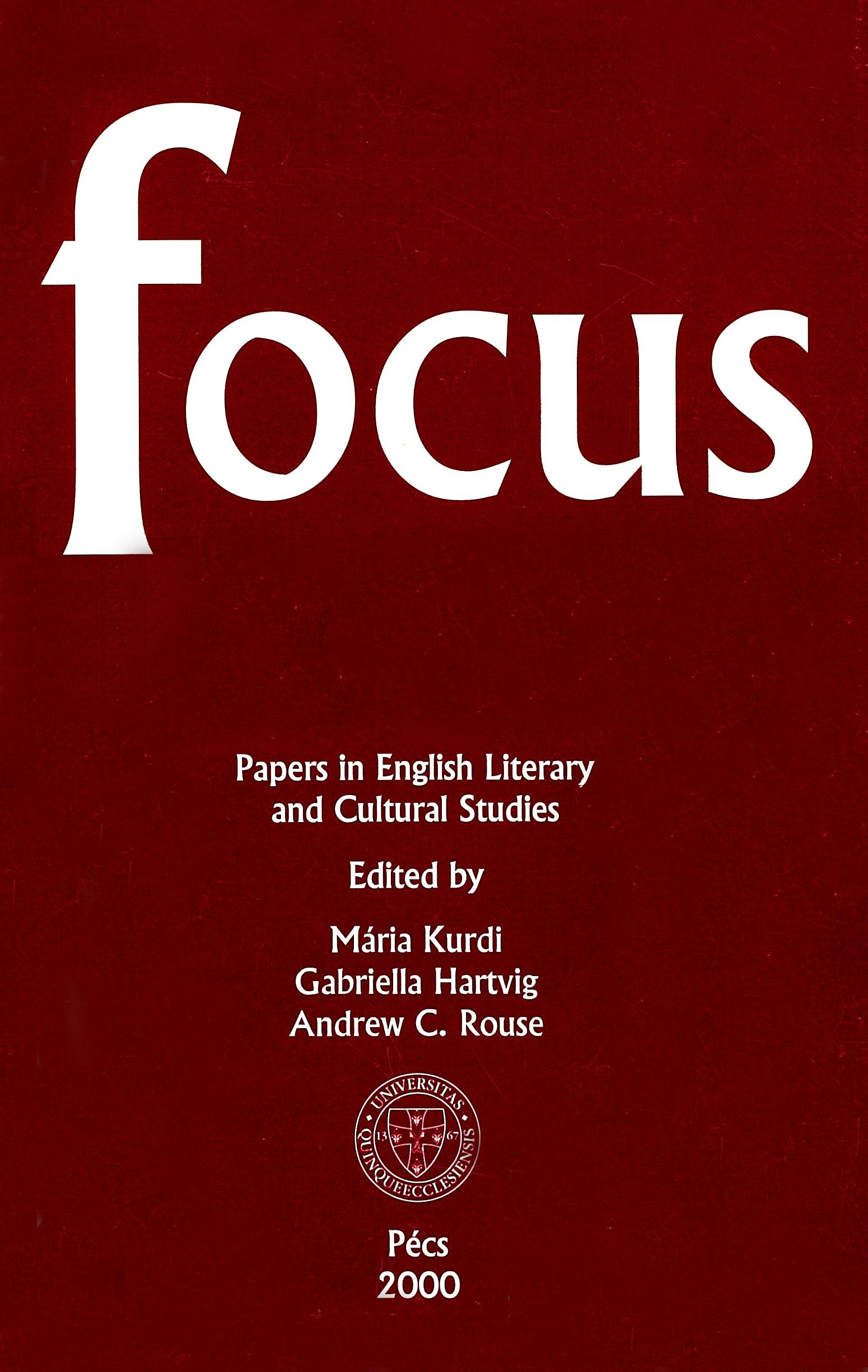Chaos and Truth: B. S. Johnson’s Theoretical and Literary Narratives
Abstract
From the late 1950s until the posthumous appearance of his last novel in 1975, working-class, London writer B. S. Johnson (1933-73) published poetry and a range of highly experimental novels, stories'and critical essays variously structured around contending motifs of chaos, truth, negation and concepts of facticity. Mid-career an interviewer describes Johnson’s insistence that “All writing is utobiographical, because he believes that one should tell the truth and that the only true knowledge is oneself’ (Depledge 13). The reflexive and biographical elements of his work are self-evident, yet there are subcutaneous theoretical aspects to his work that extend this view of narrative. Yet, despite evidence of this scattered throughout his writings, interpreting his significance and evaluating the more profound qualities of his work appears to have eluded the majority of academics and critics. In the decisive struggle of exegetical commentary, until recently Johnson has been almost erased from the literary-cultural field.
Downloads
Published
How to Cite
Issue
Section
License

This work is licensed under a Creative Commons Attribution-NonCommercial-NoDerivatives 4.0 International License.
FOCUS: Papers in English Literary and Cultural Studies follows the principles laid down by Creative Commons, which provides guarantees for the Author’s copyright while also ensuring that intellectual properties are made available for the wider public in a digital form. All papers submitted to the journal apply the following licence conditions (indicated on the journal’s website as well as in individual publications):
“© This work is licensed under a Creative Commons Attribution-NonCommercial-NoDerivatives 4.0 International License.”
You are free to:
- Share, copy and redistribute the material included in the journal in any medium or format under the following terms:
- Attribution — You must give appropriate credit to the Author, and indicate the original place of publication [FOCUS: Papers in English Literary and Cultural Studies, Issue nr., page numbers.].
- NonCommercial — You may not use the material for commercial purposes.
- NoDerivatives — You are not allowed to remix, transform, or build upon the material.
- The above conditions must always be indicated if the journal material is distributed in any form.
- The above conditions must always be met, unless a written permission signed by the Author and the Editor-in-Chief states otherwise.

